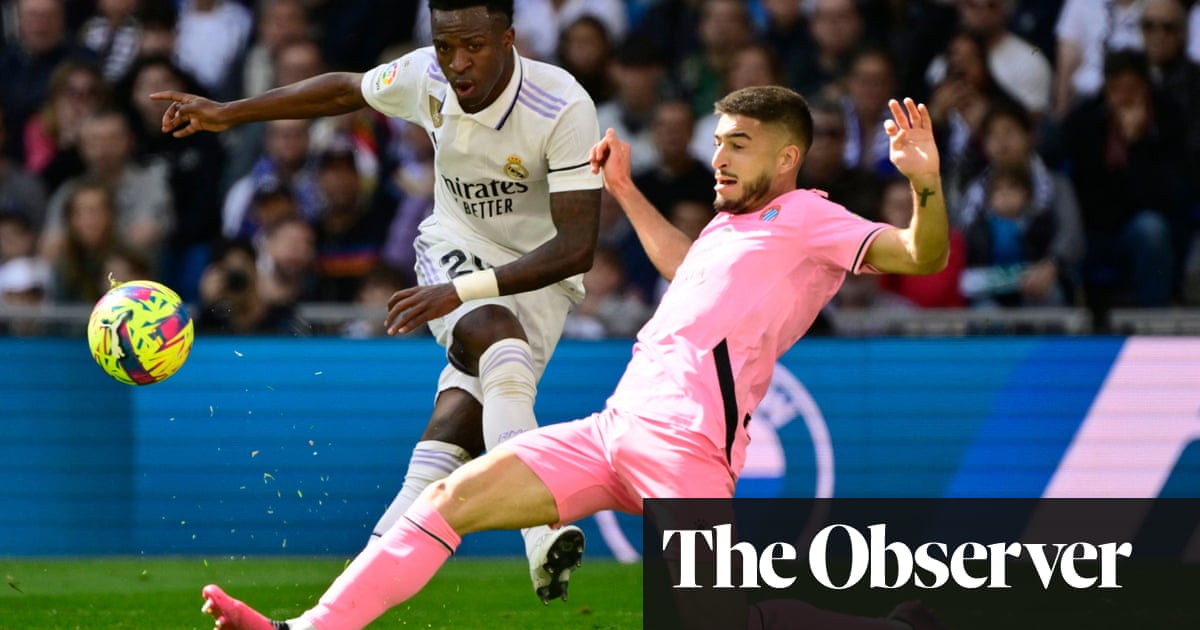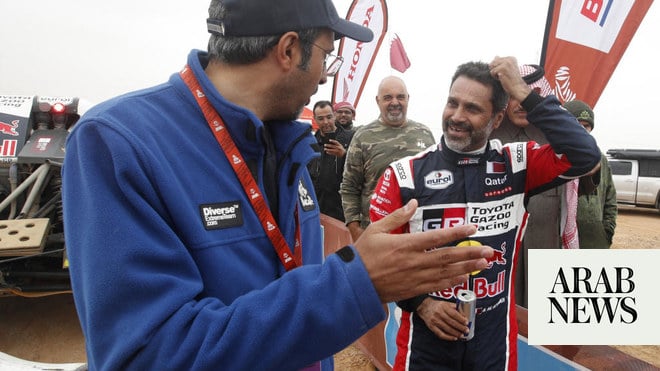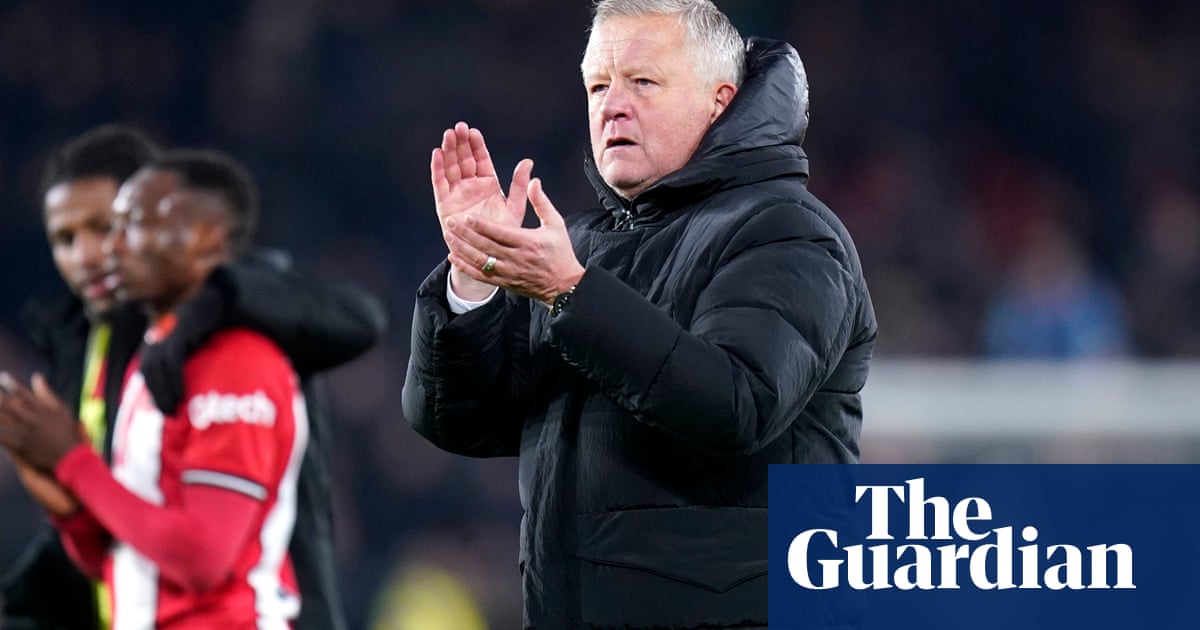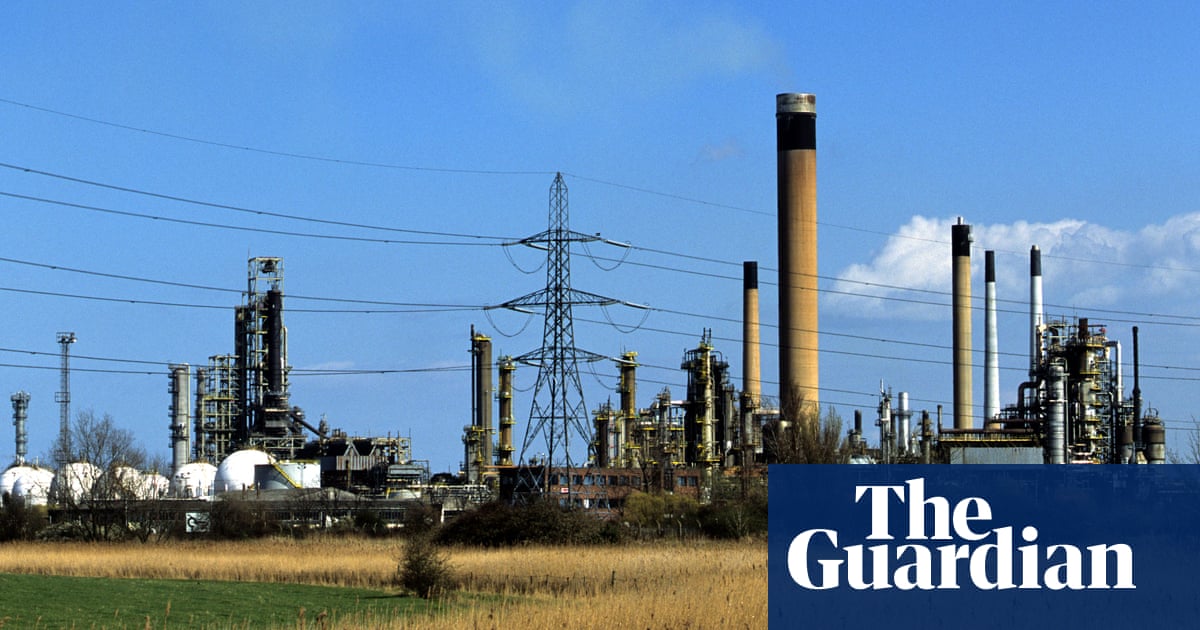
Nineteen months ago, the anxiously anticipated rematch between Tyson Fury and Deontay Wilder marked a triumphant return of big-time heavyweight boxing to Las Vegas for the first time in more than two decades. And what a return it was: two unbeaten boxers in their respective primes with 71 professional wins between them settling the unfinished business of a previous stalemate.
For many years Las Vegas represented the heavyweight prize-fighter’s most aspirational and coveted platform – where the world’s biggest, baddest men contested for the richest purses against a glitzy backdrop of plunging necklines and immaculately tailored suits. The excess and chaos and seductive mythology at the heart of this desert town of 600,000 souls has made it the note-perfect home for a trade that has been called the red-light district of professional sports.
Muhammad Ali fought for the championship here on five occasions, as did George Foreman (10 title bouts), Larry Holmes (17), Mike Tyson (10) and Evander Holyfield (11). But for all of the money-spinning blockbusters headlined by Oscar De La Hoya, Manny Pacquiao and Floyd Mayweather in the years since, the sport’s bellwether division had all but abandoned America’s gambling and entertainment mecca as the Klitschko brothers, and later Anthony Joshua, took their biggest shows to European soil.
Not since the late 1990s had Las Vegas played host to a heavyweight title fight of such heightened magnitude and the crackling atmosphere on the ground throughout fight week did not disappoint, with rollicking British fans spilling out of pubs all down the strip and inside the casinos amid ceaseless chants of “There’s only one Tyson Fury!” that would ring in your head for weeks to come. And after the Gypsy King meted out a shocking one-sided beatdown of Wilder to capture the World Boxing Council’s title and complete one of the most astonishing comebacks in modern sports history, throngs of supporters and well-wishers paraded into the upscale Hakkasan nightclub inside the MGM Grand, where the shirtless champion held court on stage beside the DJ Steve Aoki and caroused deep into the night.
Those heady sights and sounds from the last days of the beforetimes – three weeks before the lights in effect went dark on this party town amid a global pandemic – have all felt like a distant memory this week during the run-up to Saturday’s third encounter between Fury and Wilder at the T-Mobile Arena. It can’t be blamed on the city itself, which has bounced back nicely after Covid-19 in effect shut down the hospitality and gambling industries that are its twin engines. Visitor numbers have risen steadily despite Nevada’s increase in coronavirus infections and a new mask mandate, according to the Las Vegas Convention and Visitors Authority, reaching 83.8% of pre‑pandemic levels in August.
Instead, the absence of UK-based supporters because of coronavirus travel restrictions and the tepid buzz around a rematch that feels redundant and unnecessary after the conclusive outcome of their second fight have made for a somewhat muted atmosphere. Various fight week events that normally would be open to the public and teeming with boisterous crowds – such as Wednesday’s final press conference and Friday’s official weigh-in – have been staged behind closed doors with all the sterility and precision of a television infomercial (complete with three-and-a-half-minute commercial breaks).
It’s all felt more like the fulfilment of a business obligation than an organic sporting experience because, well, that’s exactly what it is. Fury’s definitive win by seventh-round stoppage in a rematch that brushed aside any lingering uncertainty from their first encounter should have given way to an all-British showdown with Joshua to unify the long-fractured heavyweight championship for the first time since Lennox Lewis at the turn of the century. But Wilder took a blowtorch to those lucrative plans by exercising the rematch clause in his contract. When the American’s rightful claim to a third fight was upheld in an arbitration hearing and all reported offerings of step‑aside money from the champion’s camp were rebuffed, then Fury-Wilder III was on.
It’s smart business, at any rate. Wilder is due to collect a minimum of $20m (£15m) in addition to a 40% cut of the pay-per-view revenue for the bout, far more than he stood to take home against a lesser opponent. The pie is even sweeter for Fury, who is set to earn a guaranteed purse of $30m (£22m) in addition to 60% of the TV pot.
But despite the head-spinning sums of money changing hands and all the familiar trappings of a big-ticket event – the full-size boxing ring in the MGM Grand lobby with a gilded lion in the center, merch stands hawking designer T-shirts, limited-edition posters and overpriced swag with both fighters’ likenesses – there’s a conspicuous lack of anticipation and excitement on the ground. That reality is laid bare on the secondary ticket market, where the cost to get in the door at the five-year-old T-Mobile Arena has remained at about a quarter of what it was for the second fight.
The prevailing languor could prove misguided. The annals of boxing are dotted with sequels that were deemed unnecessary at first pass only to confound those expectations. The fourth meeting between Juan Manuel Márquez and Pacquiao, which went from redundant afterthought to all-time classic in the span of 23 blistering minutes. The third fight, with no title on the line, between Holyfield and Riddick Bowe. Even Ali’s epochal rubber match with Joe Frazier was thought to be a nostalgia act between faded greats in the run-up.
And it bears remembering how unpredictable both previous Fury-Wilder fights have been. In the first, the Gypsy King had taken only two warm-up bouts against a pair of virtually unknown opponents since returning from a 31-month layoff and the sense at ringside was there was no guarantee that he would make it through the early rounds. In the second, the evenly matched fight that many expected quickly turned into one-way traffic. The essential volatility of this rivalry, compounded by nearly two years of inactivity for both men, makes it compelling theater alone.
All of it points to the fundamental truth at the foundation of this capital of gold and glitter, fates and fortunes: you never really know.












